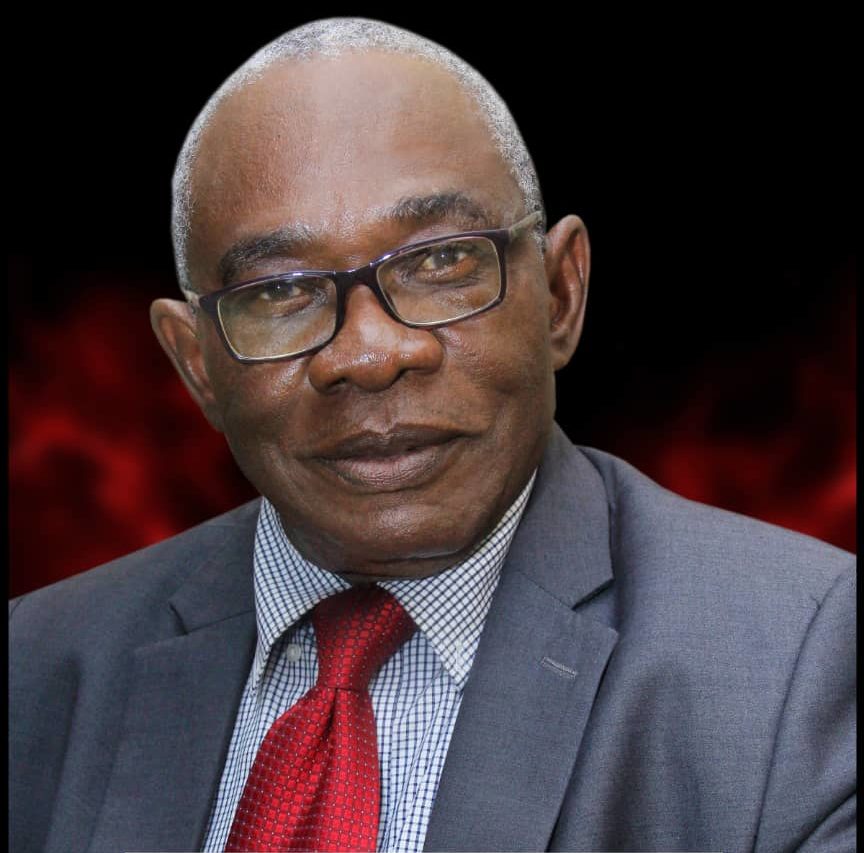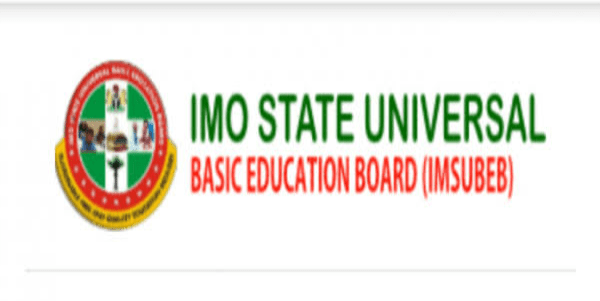By Collins Ughalaa.
Nigeria has had chequered history in her education sector. From 1960 to about 1977 Nigeria maintained the education policy she inherited from her colonial master, Britain. Over a decade after her independence, the journey for review of the inherited policy on education began. In 1973 the National Education Research and Development Council (NERDC) had a national conference which gave rise to the National Policy on Education in 1976, giving birth to the Universal Primary Education programme (UPE).
One of the problems the education sector faced was getting people into school. According to Claudia Irigoyen of the Centre for Public Impact, school enrolment was still low in the 90s, with gross enrolment ratio in primary school pegged at 86%. This figure, she said, dropped to 25% by the time children reached secondary school level, as many of them dropped out of school after primary education.
Apart from low enrolment rate, Irigoyen added: “The education sector infrastructure also deteriorated and was neglected. In 1997, the Federal Ministry of Education – while on a nationwide tour of the country’s schools – allegedly stated that ‘the basic infrastructure in schools such as classrooms, laboratories, workshops, sporting facilities, equipment, libraries were in a state of total decay’. The physical condition of most schools was reported to be pathetic” (sic).
As part of measures to address the challenges in the education sector and as well respond to the global demand to provide education for all, the federal government under President Olusegun Obasanjo launched the Universal Basic Education (UBE) Programme on September 29, 1999, in Sokoto State.
The programme rather took off in April 2004 due to legal issues. It was designed as a nine-year national basic education programme with the objective of eliminating illiteracy, ignorance and poverty as well as stimulating and accelerating national development, political consciousness and national integration.

The UBE, therefore, provides for six years of primary school and three years of Junior Scondary School. Part of the mandate of the UBE is to provide “free, universal and compulsory basic education for every Nigerian child aged 6-15 years”. By the end of the 9-year programme culminating at the JSS3, a student is adjudged literate – that is, being able to read and write.
To coordinate the robust UBE Programme nationwide the federal government created a counterpart funding programme where state governments were required to establish an agency that would house the programme in their respective states. Imo State bought into the programme and in turn created the Imo State Universal Basic Education Board (IMSUBEB) as required by the UBE regulation.
Through the IMSUBEB the Imo State government responds to the challenges in the education sector. As required by the UBE regulation, IMSUBEB does not work in isolation but in partnership with the UBEC.
However, recently there has been a buzz in the media over alleged refusal of the Governor Hope Uzodimma led government in Imo State to pay the contractors that were allegedly awarded contracts by the Imo State Universal Basic Education Board (IMSUBEB) during the last administration.
The contractors claim they have done their jobs, or are still on them, but the state government has refused to pay them. They also claimed that the state government does not want to pay them for political reasons. These claims are far from the truth as those pillorying the state government for refusing to pay IMSUBEB contractors are being economical with the truth.

Our independent findings show that there is no partisan consideration in the travails of the contractors, rather their ordeal is caused by a fundamental error caused by those who awarded the contracts, which the government says is unacceptable. Moreover, the non-payment of the contractors did not begin with the Governor Uzodimma led government but with the PDP government that awarded the contracts. The reason, we gathered for the non-payment is that the award of the contracts did not follow due process.
We gathered that even though IMSUBEB had placed advertisement in the newspapers calling for the submission of tenders to the agency for the contract said to worth N8.5BN, the Due Process Committee in IMSUBEB which has the statutory role of recommending contracts and monitoring the entire contract award process never met and never recommended any contract to be award.
A friend; Greg Nwadike, in his several articles on the issue admitted that the only procedure followed was the newspaper advertisement. We understand that before anything else, the Due Process Committee meets and decides the contracts to be awarded, but this was never done.
Ironically, the contractors believe that the newspaper advertisement means that the contract award process followed due process. “The jobs (2016 and 2017 Action Plan) awarded to us by the immediate past administration of Rt. Hon. Emeka Ihedioha followed due process. Attached herewith is a photocopy of one of the Newspaper publications that carried the job advert”, they said in their letter to UBEC.
Unfortunately, the directors at IMSUBEB did not believe that the newspaper advertisements were enough to satisfy legal requirements for the award of contracts. The directors at IMSUBEB who were statutory members of the Due Process Committee were said to have met the Chairman and briefed him on the violations, but nothing came out of it.

Apart from the initial violations, the IMSUBEB contract award process went deeper into violating extant regulations. We further gathered that apart from the Opening of Bids Ceremony, there was no bidding for the contracts, rather the contracts were said to have been given to influential party members, top government officials and politicians in the state.
Greg Nwadike admits this fact also in his article of Wednesday, 27 May 2020. “It should be noted that these contracts were also won by most of the politicians who are today members of the Uzodinma’s political family. Of note are the … members of the Imo state House of Assembly who personally grabbed these jobs, sold them to these professional contractors”, he said.
The members of the Due Process Committee had expressed shock over the manner the contractors were selected, alleging that the contractors were arbitrarily selected and that the names of the contractors were kept in secret and were never published in any newspaper or posted on the Board’s Notice Board, in keeping with the rules of transparency.
Not satisfied with the process, therefore, the directors were said to have met the Chairman for the umpteenth time, pointing out the further violations to him. And following the said violations that characterised the award of the contracts the directors refused to process papers for the payment or mobilization of the contractors. This was where the problem began.
Aware of the problem, the powers that be were said to have assured the contractors not to worry, that they would be paid, nevertheless, as there were plans to either transfer the “stubborn” directors or sack them to pave the way for the payment of the contractors and “smooth operation of IMSUBEB”.

In their letter to UBEC, mentioned above, the contractors agreed that they started work without mobilization fee. “We have attained different milestones without mobilization”, they admitted. The only reason they started work without mobilization fee was because the directors refused to process their payment papers and they were assured of their payment by the powers that be. By this time, Uzodimma was not the Governor of Imo State.
Contrary to the media buzz, therefore, the logjam in the payment of the contractors which started with the last administration was not resolved until the end of that administration on Tuesday, January 14, 2020. Governor Hope Uzodimma merely inherited the problem. The State Assembly, seeing the same irregularities recommended that the contracts be voided.
A worker deserves his wages, no doubt, but we cannot build something on nothing or adopt irregularity as state mantra. Therefore, there is no reason to vilify the Governor for insisting that the right thing be done.
Recently, the Governor scrapped the law that provided pensions for former governors, deputy governors, speakers and deputy speakers of the state assembly. More interesting is the fact that the Governor would have benefitted from the law upon leaving office. But he chose to sacrifice his legitimate personal privileges just to ensure that the right thing is done.
The Governor made the sacrifice not because some people put him under pressure. No one even recognized that such a law posed any serious financial burden on the state until when the House passed the bill abrogating it. It was a forgotten matter. Business as usual would rather suggest that the Governor continued in the trajectory he met. But he chose otherwise.
It’s painful that the contractors are caught in this web. But seeing the broader picture would recommend that we encourage the Governor and not vilify him.
Disclaimer: “The views/contents expressed in this article are the sole responsibility of Collins Ughalaa and do not necessarily reflect those of The World Satellite. The World Satellite will not be responsible or liable for any inaccurate or incorrect statements contained in this article.”




